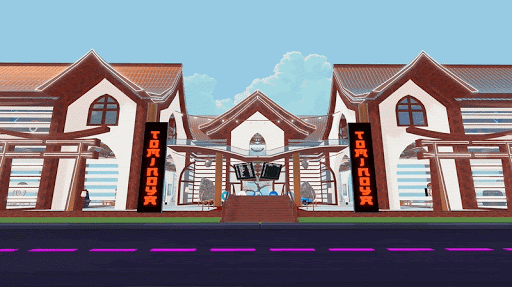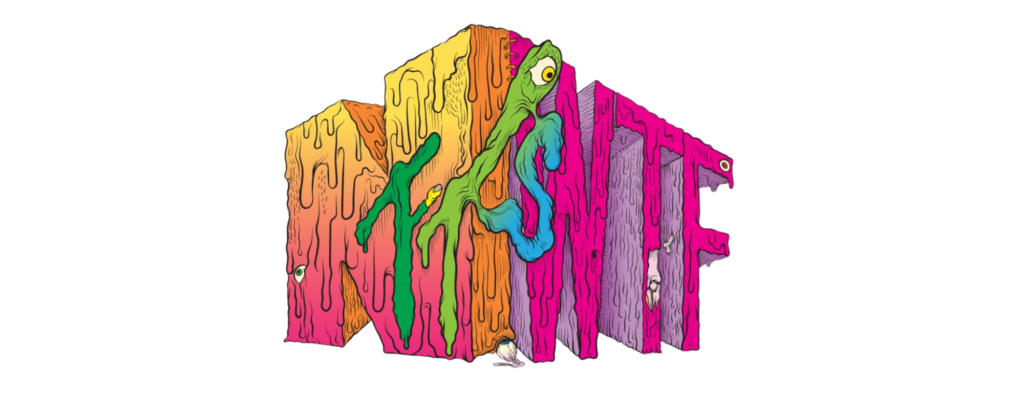“Be The House.” That’s the motto and key strategy for Decentral Games founder and project lead, Miles Anthony, aka “Baus.” With a capital raise of $5 Million USD, Baus and his team are ready to expand their impressive metaverse casinos.
Decentral Games (DG) is the first metaverse casino business on the Ethereum blockchain. They operate virtually in Decentraland (not affiliated), an open-world metaverse platform with a rapidly growing community. What sets DG apart is their decentralized autonomous organization (DAO), which allows the company’s future to be voted on by holders of their $DG token.
These tokens give users a say in company policies as well as an attractive return on investment when staked. These tokens can be bought and exchanged like most cryptocurrencies, but many choose to ‘mine’ the token through DG’s unique play-to-earn model. By betting cryptocurrencies on blackjack, roulette, and in the near future, poker: users earn $DG tokens. The more users play, the more $DG they earn. This model has led to a very active and loyal community, making these casinos high-roller hotspots.
This unconventional structure proved attractive to investors like Metaverse Ventures (Digital Currency Group) and the AU21 Capital, companies well-versed in blockchain opportunities.
“Decentral Games offers players both the novelty of avatars gambling in a virtual world and the great user experience that gamers demand. We’re excited to back Scott, Miles and the team as they continue to bring the massive opportunity in blockchain-enabled gaming to life.”
– Casey Taylor, VP of Development at Digital Currency Group. (Source)
With a successful capital raise from strategic partners, DG is ready to continue its trailblaze through the metaverse.
I spoke with Miles Anthony about how DG has evolved since its founding and the exciting plans his team has in store:
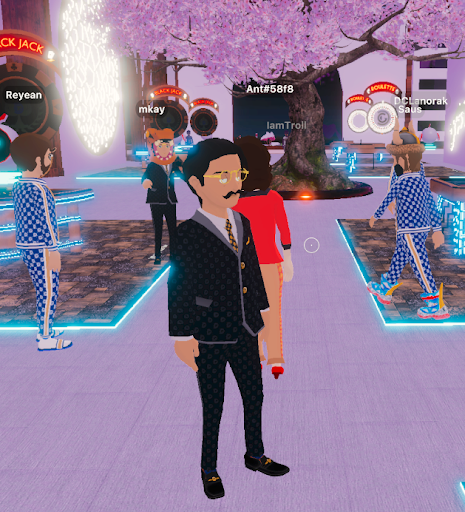
Has your vision stayed the same for DG or has it changed now that you’ve been in the space for a year?
It’s similar but our vision kind of shifted when we introduced our token [$DG]. I didn’t write the white paper until, I think it was around August, September of 2020. So when we raised the original equity round, run by Digital Currency Group, we were thinking it more along the lines of just having a traditional casino structure where it’s basically just run by the shareholders and the company would make money from the proceeds of the casino. I think I’ve touched upon this in other pieces, but basically, I kind of felt with the whole narrative growing around DeFi and these community governed treasuries that projects are based around, we would be in the position to grow a bit faster because we include our players and our community on the upside of the growth of the project. I think it was good to kind of couple that with this whole narrative around play-to-earn and DeFi where you give tokens away to the people who are using the product. It creates this interesting fly-wheel where every one of your users kind of turns into an evangelist because they obviously have a vested interest in the project growing.
I feel like that is the most unique aspect, being able to empower the players.
Yeah, yeah, exactly. I think there are a few other projects that are trying to do something but not entirely along the same lines as us with our DAO-governed casino and then distributing the tokens, dropping them out to people that are playing the games with real money. So yeah, I’m really glad that we introduced that because I don’t think we would be where we are today without that aspect. […] The people that were early on mining DG back when it was $15 or $20 a token, I know a few of them. The ones that held and mined a bunch early, they’re sitting on pretty big bags of $DG so their expected value is actually pretty positive.
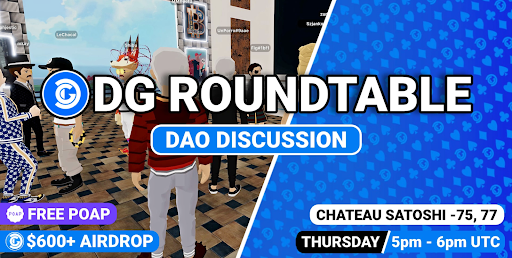
I can’t imagine that happening in a real-life casino. To be able to profit on the side that’s not directly related to gambling.
Exactly. I mean, we do kind of take some things from the playbooks of traditional casinos in the sense that they’re focused on entertainment and usually, they have a hotel, they run shows like Cirque du Soleil and concerts.
We have all these types of artists that want to do shows, even stand-up comedians. Stuff that gets people excited about being in the metaverse that will add entertainment for a bunch of these virtual events, because we feel like the virtual events are really what the whole metaverse is about. The games are really, from a user experience standpoint, almost secondary — like they are something to do while socializing.
With this recent capital raise of five million, do you feel like a lot of that is going towards those entertainment efforts? I don’t think too much. We’re going to put up the site and have a featured section where we can show our artists’ information and the ability to buy their NFTs. But I would say the majority of development funds are really around games. I feel like we’ve expanded the team considerably over the last 2 months. I would say we’ve made eight to ten hires mainly in just the technical areas.
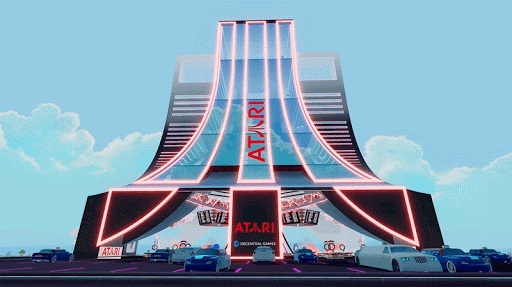
What do you feel was so attractive for investors to put forth large sums of capital towards DG?
It was really tough raising our round last year. I spent months talking to people and we’re raising like 300K. It was like pulling teeth to get people to invest in equity of a gambling company that’s a gaming start-up, so that versus this last raise we did is like night and day. But I would say, just from a product standpoint, I think a lot of investors just realize that the metaverse is going to be big. Obviously, we’re very early. We still have performance issues with ‘X’ amount of users and Decentraland is working on these issues.
We’re basically one of the only projects that are built in the metaverse that generates real volume and real cash flow other than NFT projects. Axie is another great example of a project that’s blowing up right now in this metaverse space, but the main volume is around the kind of trading NFTs and a marketplace.
The fact that people keep coming back and it is generating dollars that are profitable from the games, I think was really attractive to [investors]. They say, “a rising tide raises all the ships.” So I think us being early, it’s definitely helped us in a lot of ways, like for example, getting LAND cheap that’s obviously gone up a lot in value. But I think they’re making a big bet on the metaverse.
Do you feel that having DG be a DAO-governed entity is a benefit or does it raise a potential risk for incorrect decisions?
That’s a good question. I mean, it’s interesting, over the last several months there have been people that bundle up a lot of tokens and become pretty influential in the community. I feel like that aspect has a lot of value and ultimately, you know, even though I’m the founder and project leader of the project, what really motivates me to go to build this is this idea that what I’m building is not for me, it’s for the community of people that are holding $DG. At the end of the day, if $DG holders want something that’s not necessarily aligned, it’s really about what they want because the product is used by and is owned by the community ultimately, and I think that’s exciting from a lot of different standpoints.
——-
As Decentral Games continues to expand its vision for the metaverse, it is clear the strategic use of play-to-earn and decentralized governance can lead to amazing experiences.
You can visit Decentral Games’ casinos in Decentraland:
Tominoya: Japanese-themed casino
Chateau Satoshi: Art deco inspired casino, theater and nightclub
Atari Casino: The official casino of Atari Games
Decentral Games Twitter


